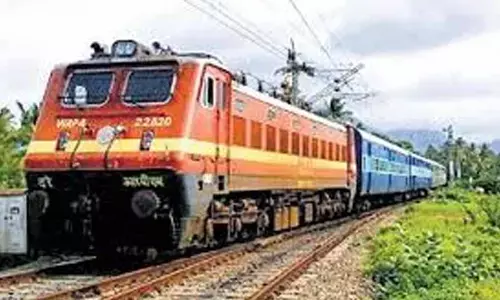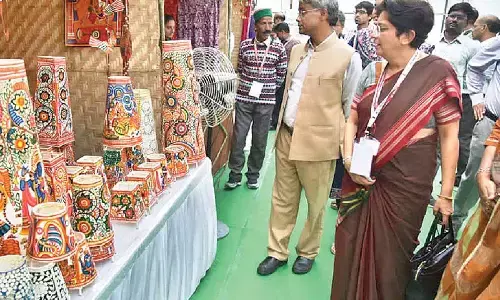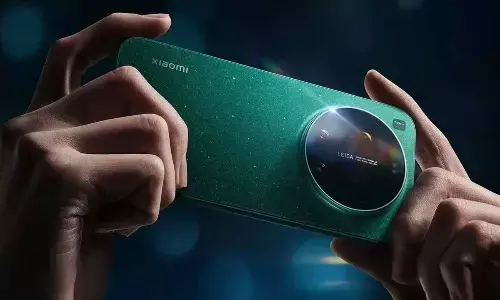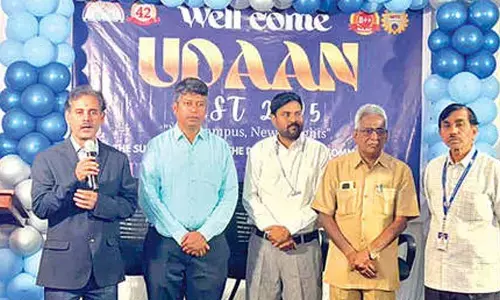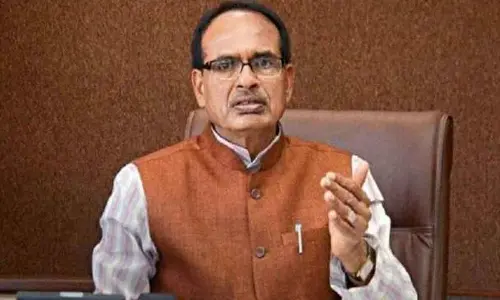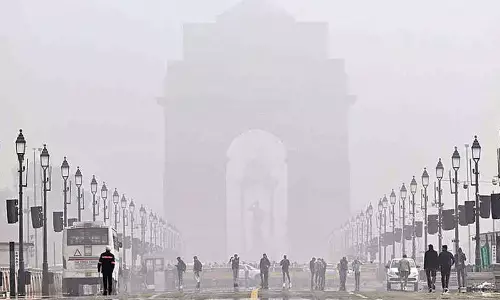World EV Day: Industry stakeholders pitch for greener future ahead of G20 Summit
Share :
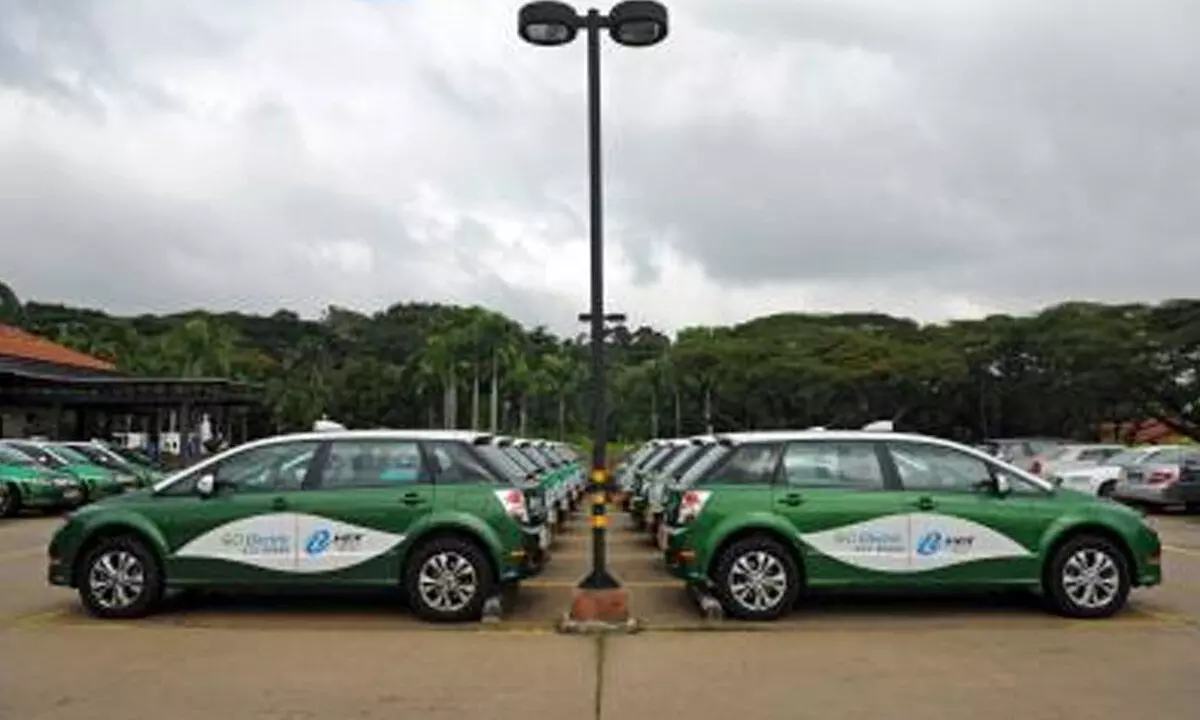
As India doubles down on its electric vehicle (EV) dream with a push for local manufacturing, leading EV and industry stakeholders on Friday said it is a perfect time to create awareness and encourage a move toward environmentally-friendly transportation
New Delhi: As India doubles down on its electric vehicle (EV) dream with a push for local manufacturing, leading EV and industry stakeholders on Friday said it is a perfect time to create awareness and encourage a move toward environmentally-friendly transportation.
The G20 Summit also serves as a global platform for leaders and industry players to unite in driving this transformation, offering an opportunity to rally for cleaner air, lower emissions, and a healthier planet, they stressed.
Speaking on the World EV Day which falls on September 9, Naveen Munjal, Managing Director, Hero Electric, said it is a timely reminder for each of us to reassert our commitment to accelerating the transition from internal combustion engines (ICE) to EVs.
“The urgency of this transition is underscored by our climate commitments and national objectives. It is essential that we prioritize the timely fulfilment of our commitments to ensure the delivery of a cleaner planet to the generations that follow,” Munjal said in a statement.
India saw 120 per cent growth in electric vehicles (EVs) in the second quarter of this year, driven by a 400 per cent surge in hybrid vehicles.
Assistance systems (ADAS) rapidly expanded by 350 per cent (year-on-year) and the adoption of connected and digital cockpit features continue to gain steady traction in passenger vehicles, surpassing 60 per cent, according to the report by CyberMedia Research (CMR).
Akshit Bansal, Founder and CEO of electric charging network provider Statiq, said that when we choose EVs, we aren't just reducing pollution and addressing climate change; we're also embracing practical sustainability.
“However, to truly propel this revolution, we must ensure seamless connectivity – and this is where EV charging stations play a crucial role. More charging stations mean increased convenience for consumers. No longer will there be concerns about running out of power during journeys,” said Bansal.
Statiq has already achieved success by establishing charging stations in pivotal locations, including Delhi-Jaipur, Delhi-Chandigarh, Delhi-Himachal Pradesh in the north, as well as cities like Bengaluru, Chennai, Hyderabad, Pune, Ahmedabad, and Mumbai in the south and west.
“Our dedication extends to accommodating all types of EVs, whether they are 2, 3, or 4-wheelers, as evident from our deployment of 7000 chargers across India. Our goal is to reach 20,000 EV charging stations by 2024,” Bansal added.
The surge in EV adoption was driven by the introduction of new affordable models, including, for instance, MG Comet EV from MG Motors. The remarkable growth in hybrid vehicle demand was driven by OEMs, including Toyota Kirloskar, Maruti Suzuki, and Honda Motors.
According to Warren Harris, CEO and Managing Director of Tata Technologies, their vision of ‘Engineering a Better World’ aligns with “our strong commitment to delivering sustainable solutions, particularly in the rapidly expanding electric vehicle Market.”
“OEMs rely on us to address their product development challenges and enable them to conceptualize, develop, and realize better products that are safer, cleaner, and connected. We believe that sustainable mobility is the future, and we are dedicated to creating solutions that benefit both our customers and the planet,” said Harris.
Hitesh Garg, Vice President and India Country Manager of NXP, said that EVs are spearheading the battle against climate change, with the government targeting a significant shift: replacing 30 per cent of private, 70 per cent of commercial, and 80 per cent of two and three-wheeler vehicles with EVs by 2030.
“Although India has made substantial progress in EV adoption, there's still much ground to cover, and the semiconductor industry can play a pivotal role. Semiconductors function as the nerve center, enabling efficient power management, precise control, accurate sensing and intelligent communication within these state-of-the-art software-defined vehicles,” Garg noted.
NXP Semiconductors in July signed a Memorandum of Understanding (MoU) with Mahindra & Mahindra Ltd to explore the electric and connected vehicle landscape, covering a wide range of vehicles, including utility vehicles, light commercial vehicles, farm equipment, and tractors in India.

